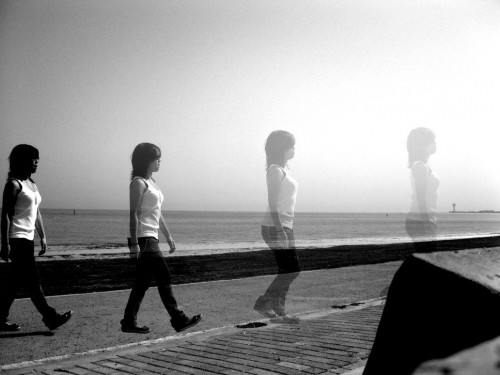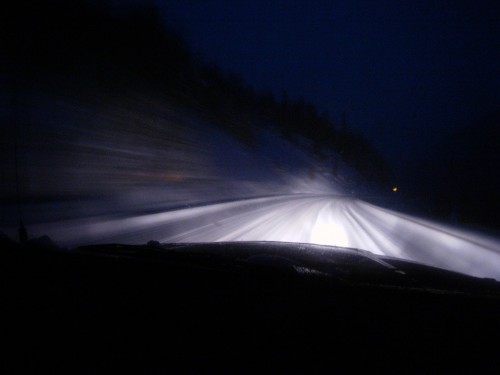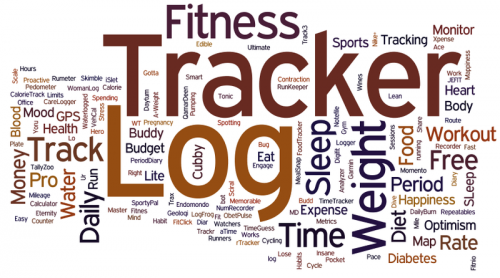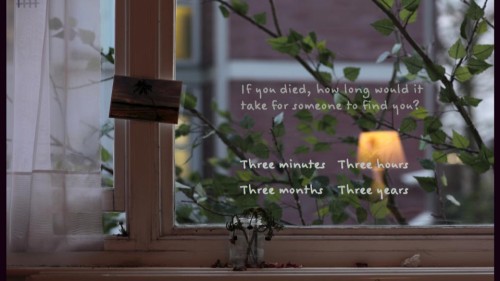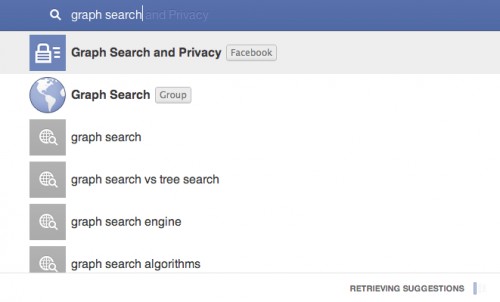 This is just an off-the-cuff post as I do some weekend reading, namely David Brin’s The Transparent Society (1998). I’m curious about the common grand narrative that society has become more transparent and thus will continue to be more so, ultimately creating the state of full transparency, full surveillance, where everything is seen, recorded, and known. I’ve critiqued this line of thought before, as the issue is common in writing about surveillance or privacy, from silly op-eds to pieces by serious scholars like Zygmunt Bauman.
This is just an off-the-cuff post as I do some weekend reading, namely David Brin’s The Transparent Society (1998). I’m curious about the common grand narrative that society has become more transparent and thus will continue to be more so, ultimately creating the state of full transparency, full surveillance, where everything is seen, recorded, and known. I’ve critiqued this line of thought before, as the issue is common in writing about surveillance or privacy, from silly op-eds to pieces by serious scholars like Zygmunt Bauman.
Brin begins his book by asking the reader to look 10-20 years in the future, which from 1998 means today. Brin claims in the world of the future-for-him / now-for-us there will be no street crime because surveillance cameras peer down from “every lamppost, every rooftop and street sign” which are “observing everything in open view” (4). more...

